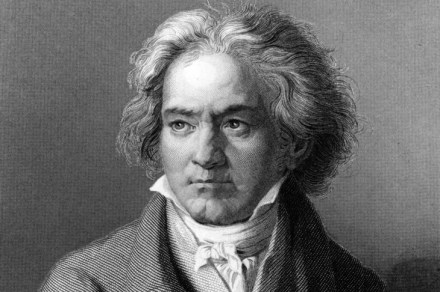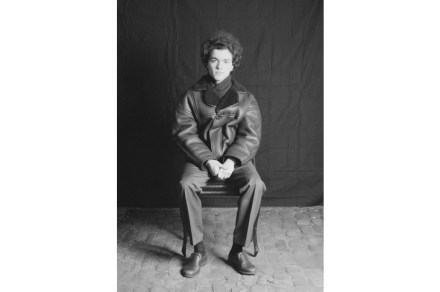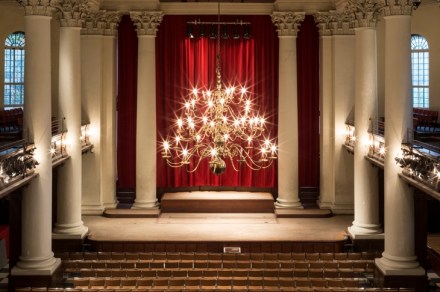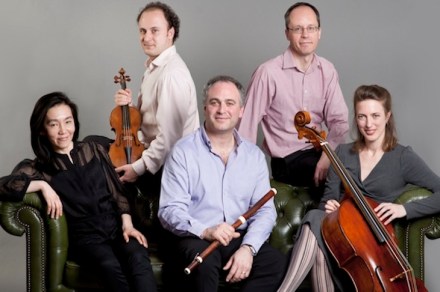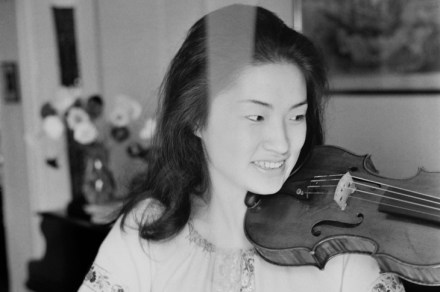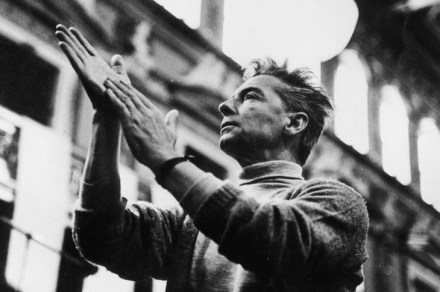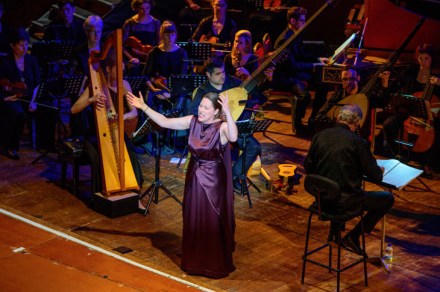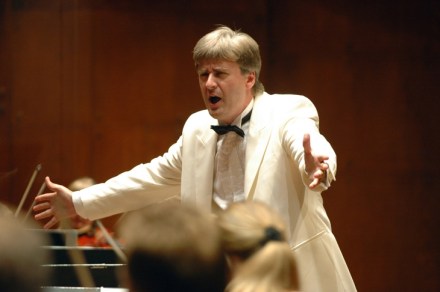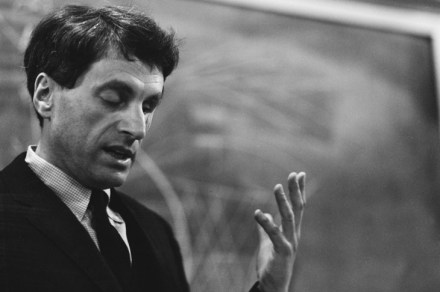His Master’s Feet
Gerald Barry once licked Beethoven’s carpet. At least, that’s what he told me, and I’m as sure as any interviewer of Gerald Barry can be that he wasn’t pulling my leg. While showing him round a museum, a guide pointed out said floor-covering. Whereupon — Barry being Barry — he was overcome by an urge for tangible, physical contact with a relic that had, after all, once been trodden by the Master. ‘So, once everyone was out the room, I got down and had a quick lick.’ And, if you can compare music to a physical sensation, the closing passages of Barry’s 1988 orchestral work Chevaux-de-Frise feel a bit like
